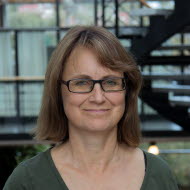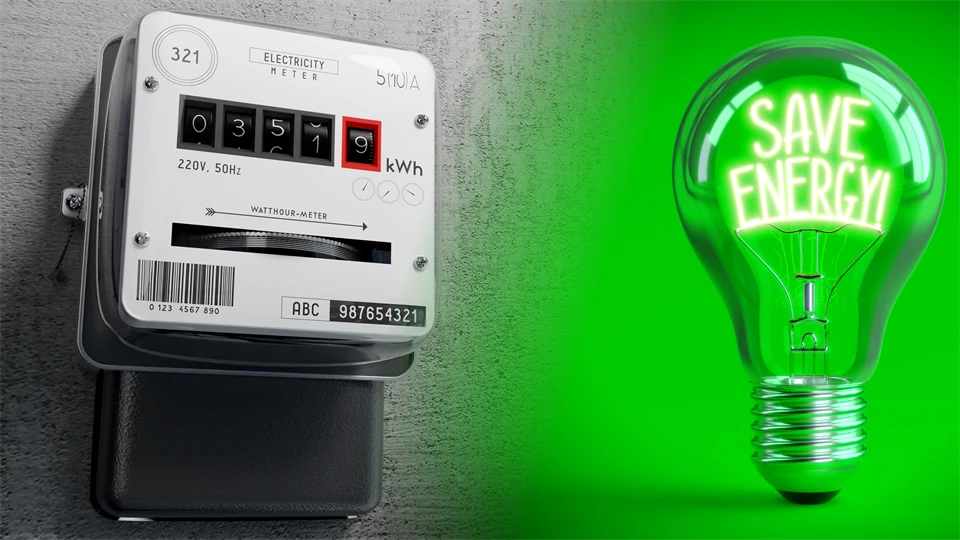Societal Growth in Renewable Energy and Storage Innovation
Territories across the Northern periphery (NPA) programme area have sparsely populated areas, remote communities with high energy needs linked to their cold and extreme climates, many with substandard housing insulation, and a strong dependency on fossil fuels.
These regions are currently suffering from lack of energy security and energy poverty which has been significantly exasperated by the war in Ukraine, and is now causing real distress to those significant numbers of citizens reliant on oil or gas.
Long distances and a lack of access to communities and hubs drives the need to explore community-based systems, for example in the NPA SMARTrenew, a previous NPA project focusing on an Island community who were totally reliant on diesel generators successfully delivered a renewable mix pilot through the project. However, there was some resistance from the residents due to lack of confidence in supply of service, and they had to be reassured by the project team.
This preparatory project will seek to understand this real resistance to change among citizens across the programme area, exploring the multifaceted reasons why adoption of alternative renewable systems is slow and hesitant. This project aims to identify countries, regions and key desicisionmakers for cooperation,
commit these, and jointly develop an NPA project with the objective to identify, develop and deploy solutions supporting adoption of renewable energy systems and sustainable energy use.
Focus will be on key decision makers like Research Centres, Regional Authorities, SMEs etc providing a collaborative setting for developing solutions inspiring experiential and sustainable energy related learnings. Resistance to change will be explored. It is the intention that the main project will use these findings to build pilots and exhibition models to address this resistance and promote behavioral change.We intend to show how the great innovation in renewable energy systems and storage across this programme area, together with the appropriate exploitation of our natural resources, can increase energy security and reduce energy poverty. We, for instance, want to demonstrate that the smart renewable energy and storage technology is available to allow small community microgrids to supply heat and electricity independently.
Project Partnernship
Mid Sweden University, Miun, (Sweden) is the lead partner and contributes with expertise on regional collaboration in innovation oriented, strategic networks and the orchestration of such. Furthermore, Miun contributes knowledge on business models and business model innovation linked to the design of strategic networks and to the coordination of interaction processes focusing on co-creation. All from a business administration perspective. In the main project, Miun aims to contribute to further knowledge among the public about circular processes and sustainable solutions through supporting digital design and production of exhibitions demonstrating how things work in practice.
The ATU WiSAR Lab (Ireland) complements the knowledge offered by Mid Sweden University by contributing with expertise in wireless sensor networks, embedded networks, Internet of Things, and machine to machine technologies. The unit has been part of many nationally, privately and EU funded applied research projects, providing wireless embedded systems design for industry including renewable energy projects. WiSAR has specialised in developing smart electronics for renewable energy systems, and designing and developing renewable energy pilot systems. Their role in the project is to provide expertise in developing smart renewable energy pilot demonstration systems, wireless monitoring networks, ICT, smart electronics design for monitoring and smart control of renewable energy systems.
OUAS (Finland) has extensive experience and expertise in energy, construction, and civil engineering as well as a diverse range of networks and partnerships including public and private enterprises of the industry,
universities, and research institutes. OUAS has expertise in energy technology and multi-energy systems demonstrated by the Hybrid lab which is open for project purposes.
Project leader

Project members



Funders

